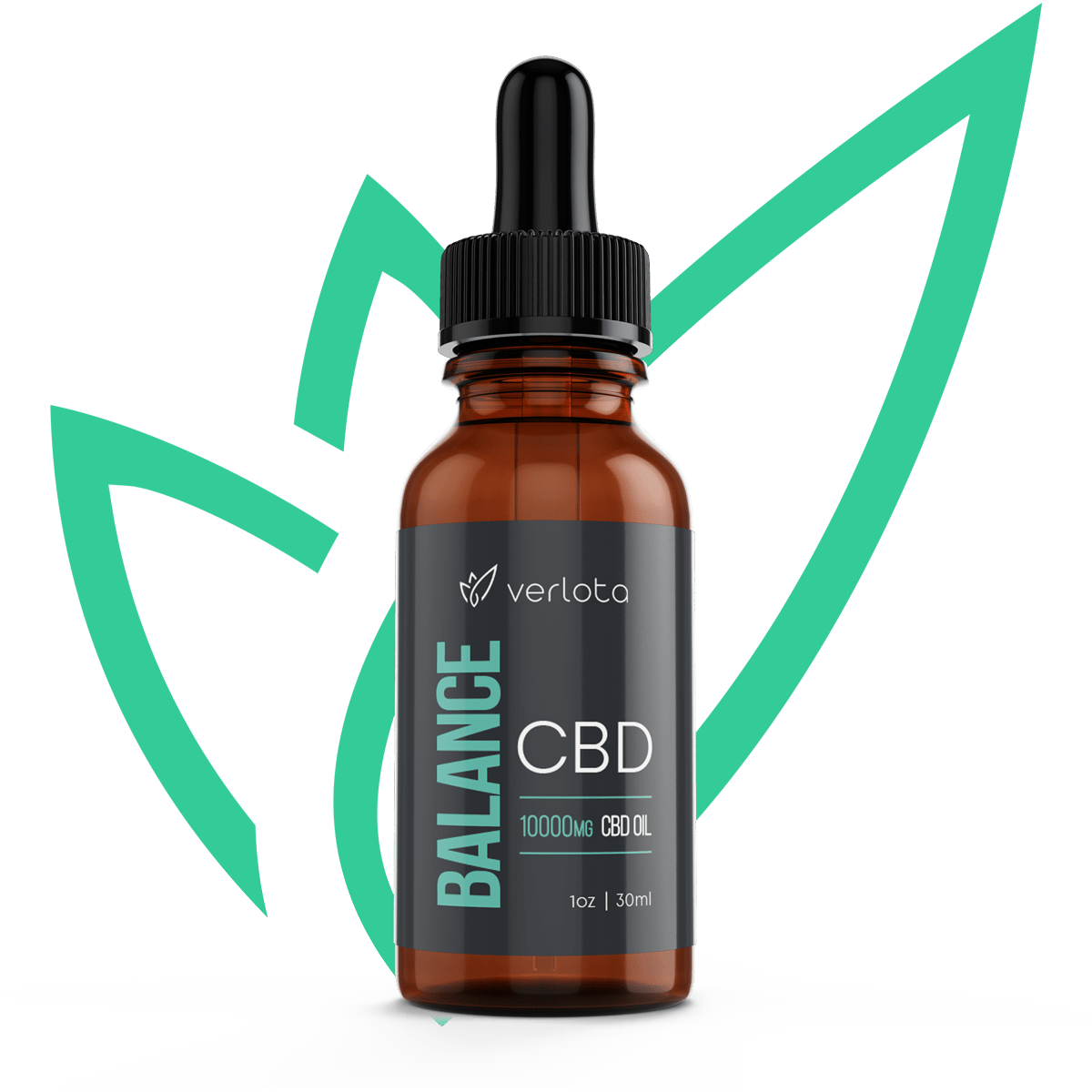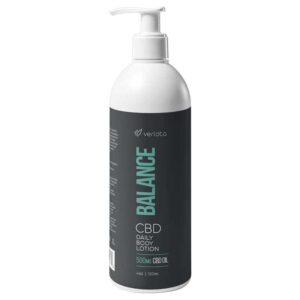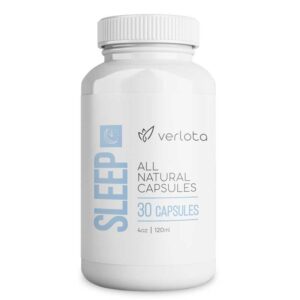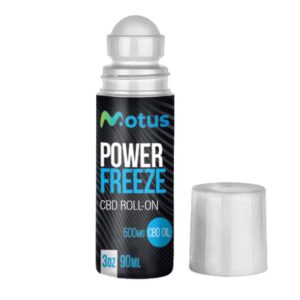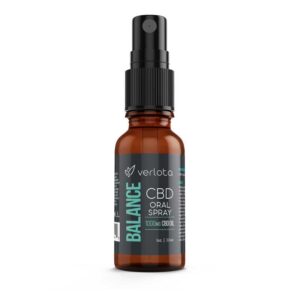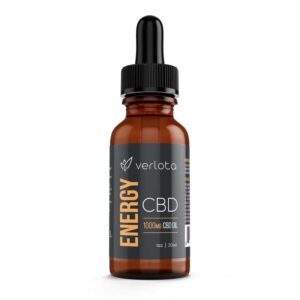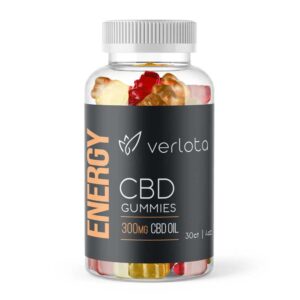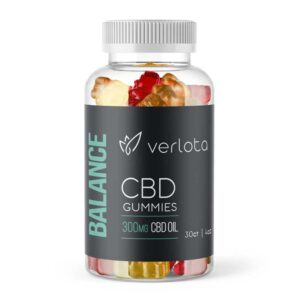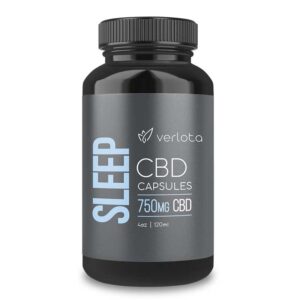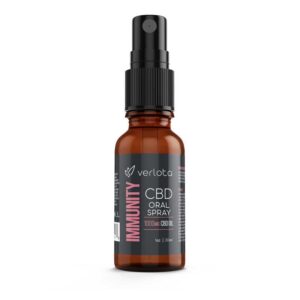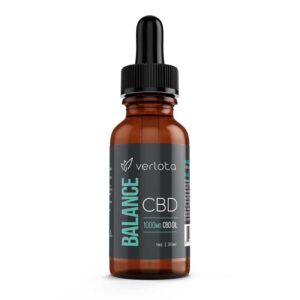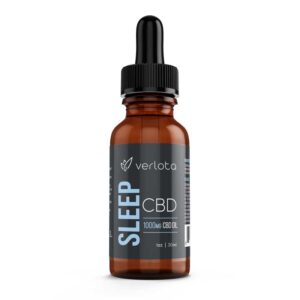Think of the things you most closely associate with one another and we’ll probably have a few of the same come to mind. Peanut butter and jelly. Coffee and cream. Milk and cookies. Most of your most commonly thought of pairings are food-related, right? Well what about dualities in medicine or health supplements? Protein & greens powder? Pre- and post-workout capsules? How about hemp and marijuana health products? Wait… what?!

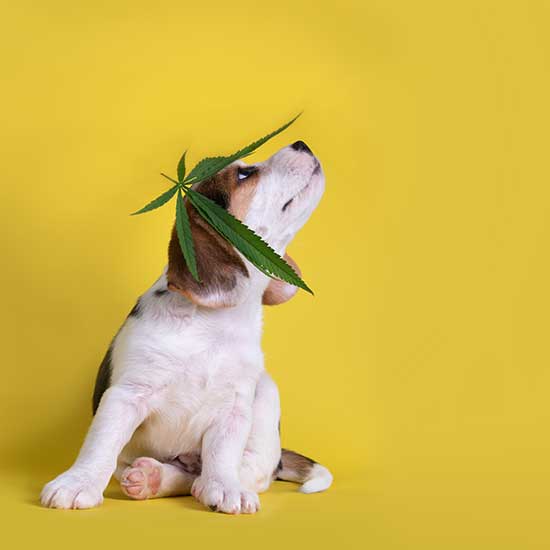
The arguments for and against hemp vs cannabis have been raging on ever since the Federal governments in the United States & Canada decided to make them illegal in the early 1900’s. In fact, hemp was deemed an illicit, controlled substances simply because of its closeness to marijuana even though they have very distinct levels of the psychoactive compound THC (Tetrahydrocannabinol was the whole reason for these plants being outlawed in the first place!).
For some, there’s no distinction between the two because they’ll always be “the devil’s electric lettuce” or some other antiquated notion of being a narcotic. Marijuana has certainly had a colorful past and uncertain future in this country, but in terms of its danger to society this plant is more like the hamburglar than a full-blown Jesse James. When compared to the health risks of opioids & other chemically-derived narcotics cannabis (and especially considering the low-THC, high-CBD contents of hemp), plant-based medicines and health supplements are proving to be a lot more safe, effective and consistent than they’ve previously been credited for.
Hemp CBD has rebounded into the forefront of natural health supplements since it was legalized by the Federal U.S. gov’t in December 2018 with the ratification of the Farm Bill. Ever since this progressive decision, the floodgates have opened wide and a veritable wave of hemp-derived CBD products have swept across retail & ecommerce markets.
Today, there are hundreds (if not thousands) of hemp CBD brands selling many dozens of unique, beneficial and innovative CBD products for everything from itchy scalps to chronic seizures and severe insomnia. Cannabis might still be considered a controlled substance at the Federal level in the United States, but hemp has surged ahead of its Cannabaceae-cousin and taken hold of our curiosity for plant-based health supplements & remedies.
What is hemp? How is marijuana different? Is hemp Cannabis Sativa? What are the differences between hemp and weed, and how can you choose which one is right for you? There’s a whole world of possibilities waiting under the canopies of these vibrant green plants – let’s peek through the leaves and get to the nuggets of truth about hemp vs marijuana.
IS HEMP WEED & VICE VERSA?
It’s important to remember that hemp and cannabis are indeed closely related, but they should not be treated the same because of the differences of their cannabinoid contents. Cannabi-what? Don’t worry, we will go over the major terms you need to understand, but first a lesson in the family history of Cannabaceae – the genera/family group for which hemp, cannabis and hops belong.
The term Cannabaceae refers to the angiosperm (flowering plants) family of species like cannabis, hemp, hops, and hackthorn. Hemp (Cannabis Sativa L.) is indeed a subspecies of cannabis, but these genera exhibit unique qualities and characteristics to the point that they’ve been widely accepted as being distinct plant variations. There are a total of 170 species currently falling under the Cannabaceae family umbrella, but it is important to note that this family of flowering plants is also related to Rosaceae (roses) and Rhamnaceae (buckthorn) families, forming a subgroup called the Urticalean rosids.
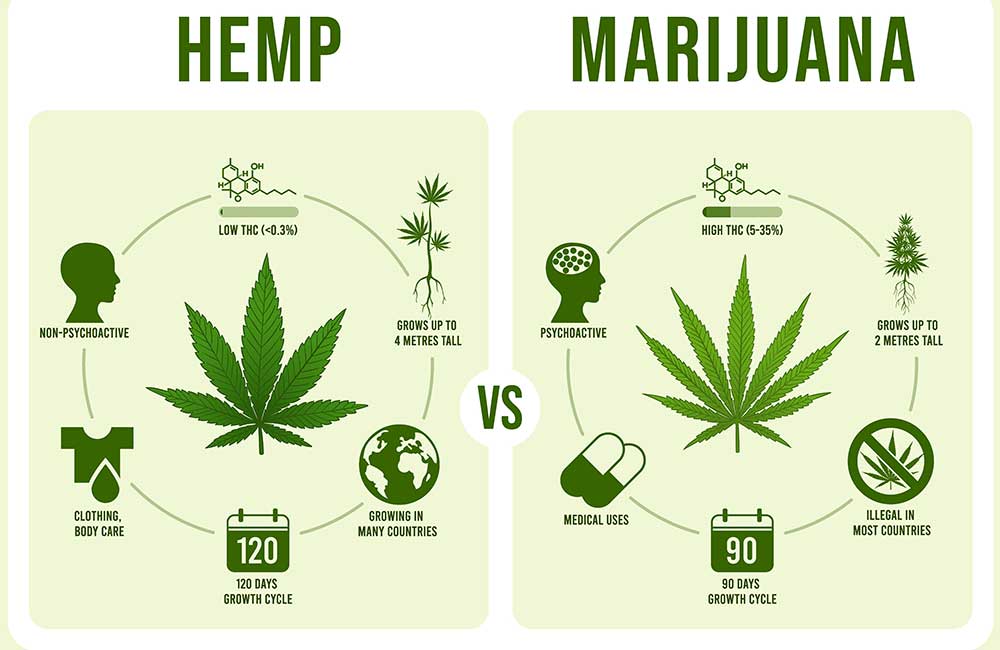
Beyond all these confusing taxonomic terms (see, we did it again!), you should remember that the Cannabaceae family is just one branch in a very expansive flowering plant-tree. To simplify the familial properties between hemp, cannabis and hops it’s easy to remember this simple summary:
Cannabis & Hemp both…
- Are herbaceous (die down with each growth cycle, but the roots remain alive and cultivate cyclically)
- Hops (Humulus) is a cousin to cannabis and hemp, however it is markedly a climbing plant (vine-like) and does not exhibit the same chemical compounds produced by both hemp and marijuana
- Contain cannabinoids (phytocannabinoids are phytochemical compounds generated by plants that serve many functions, chief among them is how they can influence our biology when ingested)
- Contain terpenes (a diverse class of organic compounds, produced by a variety of plants; often have a strong odor/flavor associated with them; used by the plants to protect them by deterring herbivores and attracting predators and parasites of herbivores)
Now that we understand some of the similarities between hemp vs weed, let’s wave away some of the smoky haze of misunderstanding that swirls around these two demonized plants.
DIFFERENCES BETWEEN HEMP & WEED
Although you might not be able to spot the visual differences between hemp and weed right away, anyone who has consumed either plant will tell you they are on completely different ends of the spectrum when it comes to how they impact our minds & bodies. Hemp has been classified as Cannabis sativa L., and offshoot of the Cannabis sativa genera. Cannabis was originally thought to be rudimentary in its three classifications: Indica, Sativa and Ruderalis. However, recent studies have begun to steer us away from these oversimplified categorizations and have opened our minds to just how diverse & multifaceted these plants are.
Cannabis and hemp are often mistaken for one another and these terms can be used interchangeably, but there is no mistaking that the answer to “is hemp weed?” is a resounding “NO”. Is hemp cannabis sativa? Yes, but there’s a catch – their terpinoid and cannabinoid makeup are so distinct that it can be tough to classify any strain of hemp or cannabis to be the same as another. Cannabinoids like THC, CBD, CBG and CBN are just a handful of the more than 140+ well-known plant compounds we’ve discovered and classified (so far). Similarly, terpenes have been mapped out in the many hundreds as well, and these organic compounds are thought to further diversify how cannabinoids interact with our ECS (Endocannabinoid System.
Instead of leading you down the rabbit hole of terpenes, cannabinoids and Endocannabinoid Systems in this article, we recommend you immerse yourself in our previous blogs about these exact subjects:
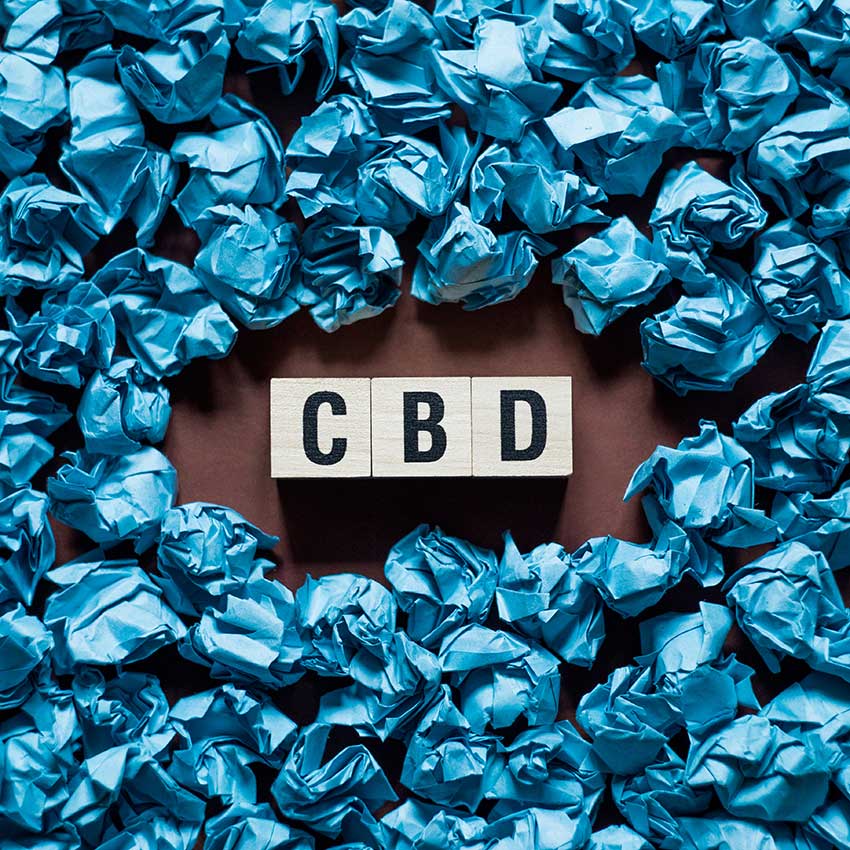
Staying in the same vein, the major difference between hemp vs cannabis has to do with one of their most prominent cannabinoids: CBD. Cannabidiol (CBD) is a non-psychoactive plant compound that has been shown to affect many positive changes in human and animal health. This notion of being non-psychoactive – does not induce a “high” or mind-altering effects – is one of CBD’s defining features. In fact, because of hemp’s largely CBD-centric contents and low THC-contents, hemp was considered to be safer for public consumption than cannabis because of the reduced risk of “getting high”.
Today, for a hemp product to be considered saleable under the legal requirements of the Farm Bill (December 2018), the THC content must be less than or equal to 0.3%. In contrast, there are no limitations on the concentration of CBD, but typically these figures will range in the 25-30% at their highest.
Why is Tetrahydrocannabinol so demonized, while the Cannabidiol floodgates have been opened? This is a common question whenever someone is introduced to the dichotomy between hemp and cannabis. To put it simply, policymakers have to balance the safety & wellbeing of the public with their needs & wants. Even though medical cannabis has a longstanding tradition in this country and in fact throughout the history of the ancient world, there is little appetite to Federally legalize this plant and its active compounds because of the optics.
The imagery of youth getting high on legalized cannabis, seniors “greening out” on strong THC products, or people operating machinery & heavy equipment while under the influence of marijuana medicine plagues the government’s strategies and actions surrounding cannabis. Even though many States have legalized marijuana – either recreationally, medically, or both – and have demonstrated a lot of success in regulating this much maligned plant, it seems like a pipe dream to assume cannabis will one day be ratified with a “farm bill” of its own.
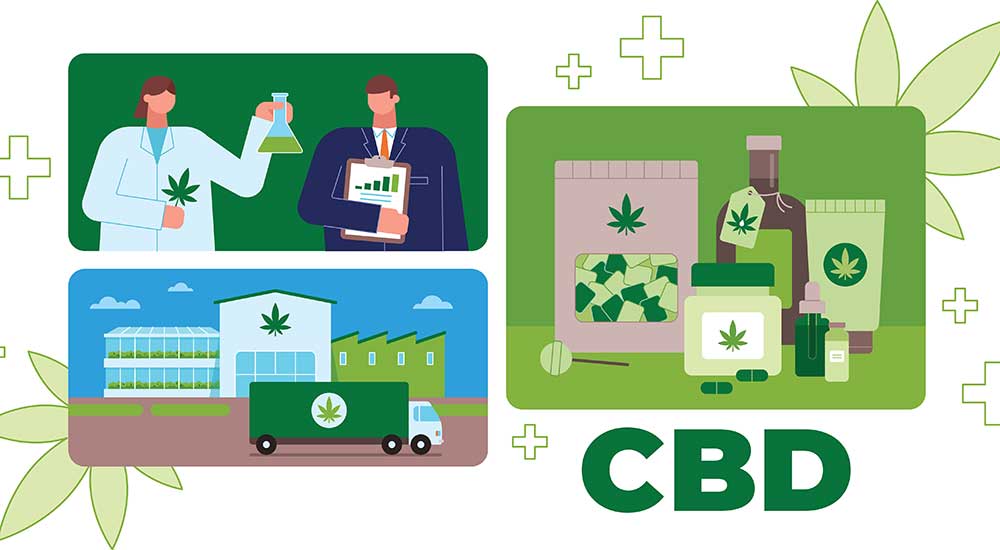
CLOSELY RELATED, BUT DISTANTLY REGULATED
Although it’s not officially a battle between hemp vs marijuana, there seems to be a growing divide between what legislators and advocates for CBD are willing to accept as we move forward. While the USA’s neighbors in Canada and soon-to-be-legalized Mexico have decided to champion the medical efficacy of cannabis and hemp, the United States seems to prefer a hempen future. There are definitely a lot of factors involved in these decisions, but chief among them is hemp’s economic impact.
Hemp is not only an excellent source for THC-free Cannabidiol – it also has multi-industrial applications, such as textiles, energy & fuel and even nutrition. If you can think of a product, there’s probably a hemp-version of it. For example, you can shop online today and expect to find:
-
- Hemp rope
- Hemp oil / hemp seed oil
- Hemp clothing
- Hemp seed granola / flour
- Hemp fuel
- Hempcrete (yes, hemp-based concrete!)
- Hemp shampoo / soap
- Hemp CBD health supplements
- Hemp protein
- Hemp-infused beverages

These are just a handful of the hundreds – if not thousands – of hemp products on the market today, and they shed light on this plant’s incredible versatility. There are some efforts to explore the same kinds of utility for cannabis, but because of its traditional uses for textiles, building materials and a food-source, hemp seems to have the edge in these departments over marijuana.
Speaking of food, if you’ve tried both hemp and cannabis oils or edibles, you might have noticed that weed can be significantly more pungent than the other. Many people enjoy the flavors and aromas of cannabis, and its many strains have proven to contain a lot more terpene variations than hemp. Nevertheless, one of the reasons hemp oil extracts have become so widely available is because they’re a lot more neutral in taste/smell. It seems like the majority of CBD advocates either love the strong terpene-flavors/aromas or hate them, leading to fierce rivalries in certain markets. For the most part, first-time users or non-regular CBD consumers prefer the neutral hemp oils over the intense sensory stimulation from cannabis oils.
No matter which side of the hemp vs marijuana debate you’re on, the main takeaway is that you find the cannabinoid product that works best for you. THC, CBD and other cannabinoids & terpenes can be a boon to your health & fitness, but you need to experiment with different kinds in order to find the combination that suits your needs.
For a good starting point, the BALANCE CBD lineup of products from Verlota.com is an excellent, multifaceted family of hemp CBD supplements. Available in CBD oil, capsules, gummies, lotions, salves, roll-ons and more, Verlota’s BALANCE products can help with a number of ailments or boost your health & wellness in many of the ways only CBD can. What’s more, they’re all non-psychoactive and contain a multitude of other beneficial, natural ingredients. For all your hemp CBD needs, look no further than Verlota.com – rethink your health and achieve your goals of health, happiness & longevity with Verlota.
